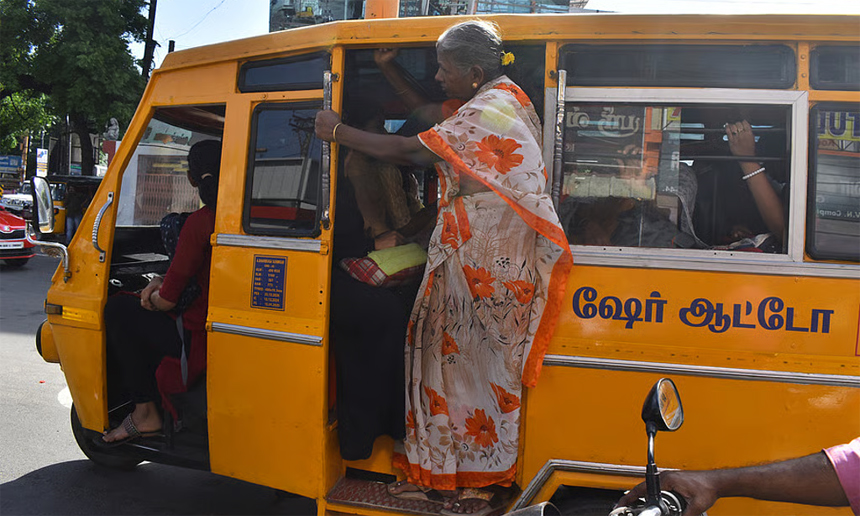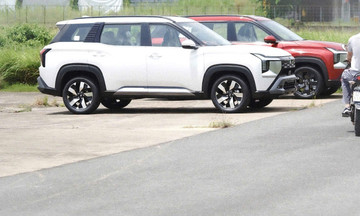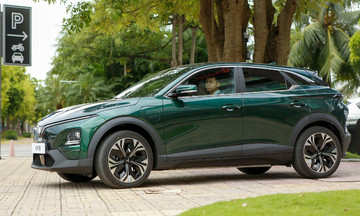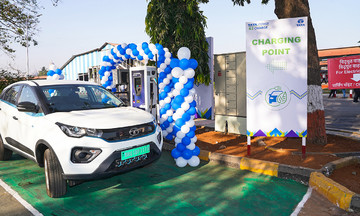A landmark ruling from the Himachal Pradesh high court could reshape how auto insurance claims are handled in India. The decision prioritizes fairness and consumer protection over strict adherence to contract terms, declaring that having one passenger over a vehicle's capacity shouldn't automatically disqualify an insurance claim.
The ruling, presided over by Justice Vivek Singh Thakur in the case between United India Insurance Company and Sita Devi and others, addresses a common issue in insurance disputes: the denial of claims based on minor technical violations, such as overloading, without considering whether these violations directly contributed to the accident.
 |
Overloaded vehicles are a common sight in India. Photo: Indian Express |
Overloaded vehicles are a common sight in India. Photo: Indian Express
The core of Justice Thakur's ruling is the principle that for an insurance company to deny a claim, there must be a direct causal link between the breach of contract and the accident. This principle builds upon the supreme court's stance that insurers cannot evade responsibility unless they prove that the contractual violation directly caused the accident.
The ruling affirms that carrying one extra passenger is not a significant breach of insurance contract terms that affects the insurer's obligation to pay. This shifts the burden of proof to insurance companies. In the Shimla case, the insurer failed to demonstrate this causal link, leading to the ruling in favor of the victim's family.
The Himachal Pradesh high court's decision scrutinizes a common industry practice where claims are often denied for minor technicalities like overloading, expired documents, or minor vehicle modifications. This practice is particularly contentious in rural and semi-urban areas where extra passengers are common during emergencies or family events. The court's ruling challenges the fairness of blanket denials in such cases and aligns with a growing trend in courts to protect consumers, favoring more balanced judgments leaning towards partial compensation rather than complete denial for technical breaches.
For the insured, this ruling is significant. It signals a shift toward a more empathetic and equitable handling of insurance claims, especially in road accident cases. Accident claim courts across India now have clear guidance that minor breaches of seating capacity rules should not be the sole basis for denying claims. This is expected to lead to more rigorous accident investigations focused on the actual cause rather than relying solely on policy wording.
The ruling offers substantial support to families affected by road accidents, sparing them further trauma from protracted legal battles over technical policy violations. It also encourages consumer awareness of insurance rights and aims to bridge the gap between legal protection and practice.
As this case and similar ones are brought before other high courts and consumer commissions, the precedent set by this ruling could become the standard across India, leading to a fairer and more transparent insurance claim process for vehicle owners nationwide.
My Anh (Cartoq)











